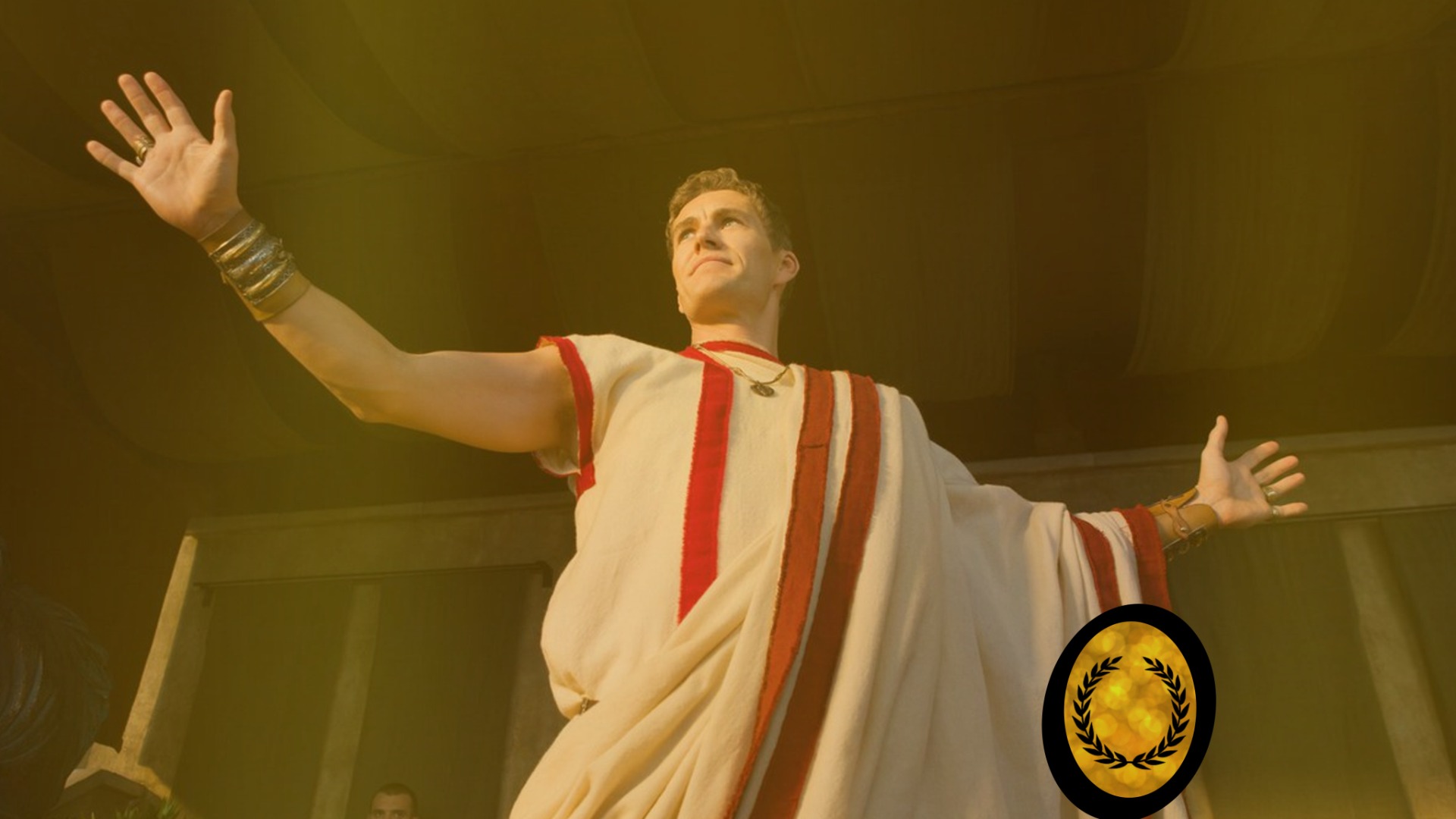On that occasion, Rome sent commander Publius Varinius to dismantle them. In a first combat they defeated the lieutenant named Furio, along with two thousand men and three bears (military commanders). Then they also defeated another lieutenant, Cossino, who had been imposed on him as a counselor and companion, and with great power.
There was an attempt to imprison Spartacus when he bathed in a place called Salinas, however the commander, costly, managed to save himself. Nevertheless, Spartacus took possession of his luggage, and, pursuing him tenaciously, he also took possession of his camp, having cost him the lives of many of his men, among them, Cossímo. Also having won in many battles the praetor-chief himself, imprisoning the sergeants who drove the axes in front of him, as well as his own horse. Spartacus acquired such value that everyone came to fear it.
However, carefully calculating his strengths and endowments, and seeing that they could not surpass those of the Romans, he took his army to the Alps, considering that, once transposed, each returned to his land, that is, to Gaul and to Thrace. His men, however, relying on their numbers, and promising great achievements, did not want to attend to him, and began to roam and plunder the entire Italian peninsula again.
















